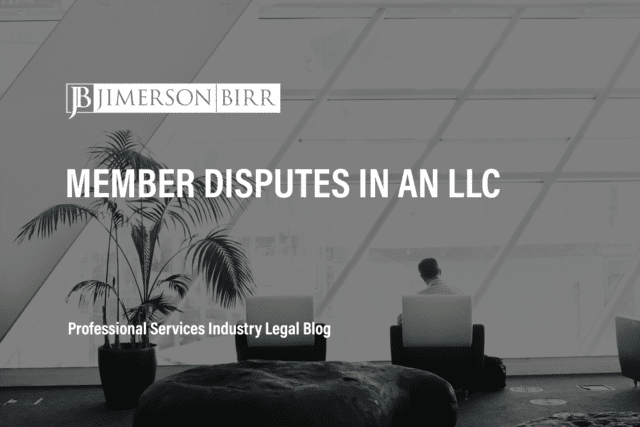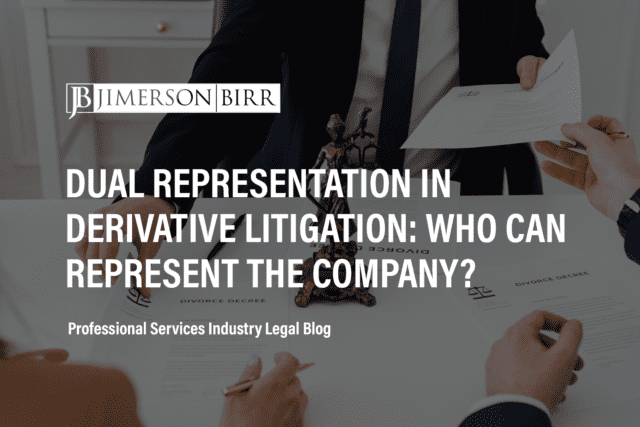What does the misappropriation or embezzlement of company funds entail?
Misappropriation or embezzlement of company funds is a grave concern that can disrupt a company’s harmony and lead to serious legal consequences. More specifically, it refers to when someone with fiduciary duties—often an officer or director—misuses company funds for personal gain. This dishonest conduct directly violates Florida’s laws against theft and embezzlement.
Let’s consider a hypothetical scenario. In a Florida-based corporation, a director might divert a portion of company profits to an offshore account, depriving the company and its shareholders of those funds. This action could be grounds for a shareholder derivative lawsuit, where shareholders sue on behalf of the corporation to rectify the harm caused by the director’s actions.
This analysis underscores the seriousness of misappropriation or embezzlement, reminding us of the importance of robust corporate governance and strict adherence to fiduciary duties. Need help regarding misappropriation or embezzlement issues? Schedule your consultation today with a top shareholder disputes and derivative litigation attorney.
In Florida, which laws and regulations apply to the misappropriation or embezzlement of company funds?
In Florida, several laws apply to the misappropriation or embezzlement of company funds. The Florida Theft and Robbery Statute (Fla. Stat. §812.014) is at the core, classifying embezzlement as theft.
Moreover, individuals involved in such misconduct may also violate the Florida Deceptive and Unfair Trade Practices Act (Fla. Stat. §501.204) if their actions involve deceptive business practices.
Finally, in cases of shareholder disputes regarding misappropriation, the Florida Business Corporation Act (Fla. Stat. §607) allows shareholders to sue on behalf of the corporation when directors or officers are alleged to have violated their fiduciary duties. When invoked together, these laws provide a comprehensive legal framework to tackle such misconduct.
What are common issues stemming from misappropriation or embezzlement that lead to litigation?
The misappropriation or embezzlement of company funds often leads to shareholder derivative litigation due to several key factors:
- Breach of Fiduciary Duty: Directors or officers misusing company funds violate their fiduciary duties of loyalty and care. Shareholders can sue to recover the stolen assets and damages for the corporation.
- Conflict of Interest: When a director or officer personally profits at the corporation’s expense, it gives rise to a conflict of interest, leading shareholders to take legal action.
- Corporation’s Refusal to Act: Shareholders may resort to derivative litigation if the corporation refuses to take action against the wrongdoer, usually because the accused individuals control the decision-making process.
- Insufficient Internal Controls: Weak corporate governance and lack of internal controls may allow misappropriation to go undetected, causing financial harm to the company and sparking derivative suits.
Each issue, deeply rooted in the misuse of company funds, is a powerful impetus for shareholders to protect their interests through derivative litigation.
When a set of facts is appropriate for derivative litigation, there are many paths a claimant may take. We are value-based attorneys at Jimerson Birr, which means we look at each action with our clients from the point of view of costs and benefits while reducing liability. Then, based on our client’s objectives, we chart a path to seek appropriate remedies.
To determine whether your unique situation may necessitate litigation, please contact our office to set up your initial consultation.
What are a shareholder’s requirements to sue regarding misappropriation or embezzlement?
Under Florida and federal law, shareholders aiming to sue over misappropriation or embezzlement of company funds must meet several legal prerequisites:
- Standing: The plaintiff must be a shareholder during the alleged wrongful act and litigation.
- Demand on Directors: Before filing the suit, the shareholder must make a written demand on the corporation’s board of directors to rectify the alleged wrong.
- Futility of Demand: If making a demand on the board would be futile—often the case when directors themselves are accused—the shareholder must provide solid reasoning in the complaint.
- Fair and Adequate Representation: The shareholder must fairly and adequately represent the corporation’s interests in enforcing the right of action.
These requirements ensure the derivative lawsuit serves the corporation’s and its shareholders’ best interests, not merely the individual bringing the suit.
Please contact our office to set up your initial consultation to see what actions or defenses may be available for your unique situation.
What are effective measures to minimize the risk of litigation over misappropriation or embezzlement?
Consider the following measures to reduce the risk of litigation substantially:
- Implement Strong Internal Controls: Companies should establish clear financial procedures, enforce segregation of duties, and regularly audit financial activities. This process can deter embezzlement and detect any discrepancies early.
- Promote Transparency: Fostering a culture of transparency and open communication can help prevent financial misconduct. In addition, transparent, accessible financial reports can discourage misappropriation.
- Educate Employees: Regular training sessions on ethics, fiduciary duties, and the repercussions of financial misappropriation can make employees aware of their responsibilities and the potential consequences of their actions.
- Establish a Whistleblower Policy: A secure, anonymous system for reporting suspicious activities can help uncover potential misconduct early. In addition, Florida Whistleblower’s Act §448.102 protects employees from retaliation for reporting violations.
Frequently Asked Questions
- Can a shareholder sue an officer directly for embezzlement?
Yes, a shareholder can sue an officer directly for embezzlement under a direct action if the shareholder suffered direct harm distinct from the harm inflicted upon the corporation.
- What are the potential consequences for a director or officer guilty of embezzlement?
Directors or officers found guilty of embezzlement can face severe consequences, including personal liability, criminal charges, imprisonment, fines, and reputational damage.
- How is embezzlement detected in a corporation?
Embezzlement is detectable through various means, including internal audits, employee reports, and external audits. In addition, unusual or unexplained transactions, discrepancies in financial records, or sudden changes in an employee’s lifestyle may raise red flags.
Have more questions about shareholder disputes and derivative litigation?
Crucially, this overview of the misappropriation or embezzlement of company funds does not begin to cover all the laws implicated by this issue or the factors that may compel the application of such laws. Every case is unique, and the laws can produce different outcomes depending on the individual circumstances.
Jimerson Birr attorneys guide our clients to help make informed decisions while ensuring their rights are respected and protected. Our lawyers are highly trained and experienced in the nuances of the law, so they can accurately interpret statutes and case law and holistically prepare individuals or companies for their legal endeavors. Through this intense personal investment and advocacy, our lawyers will help resolve the issue’s complicated legal problems efficiently and effectively.
Having a Jimerson Birr attorney on your side means securing a team of seasoned, multi-dimensional, cross-functional legal professionals. Whether it is a transaction, an operational issue, a regulatory challenge, or a contested legal predicament that may require court intervention, we remain tireless advocates at every step. Being a value-added law firm means putting the client at the forefront of everything we do. We use our experience to help our clients navigate even the most complex problems and come out the other side triumphant.
If you want to understand your case, the merits of your claim or defense, potential monetary awards, or the amount of exposure you face, you should speak with a qualified Jimerson Birr lawyer. Our experienced team of attorneys is here to help. Call Jimerson Birr at (904) 389-0050 or use the contact form to schedule a consultation.

We live by our 7 Superior Service Commitments
- Conferring Client-Defined Value
- Efficient and Cost-Effective
- Accessibility
- Delivering an Experience While Delivering Results
- Meaningful and Enduring Partnership
- Exceptional Communication Based Upon Listening
- Accountability to Goals











